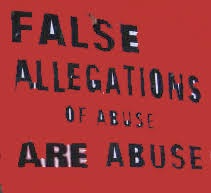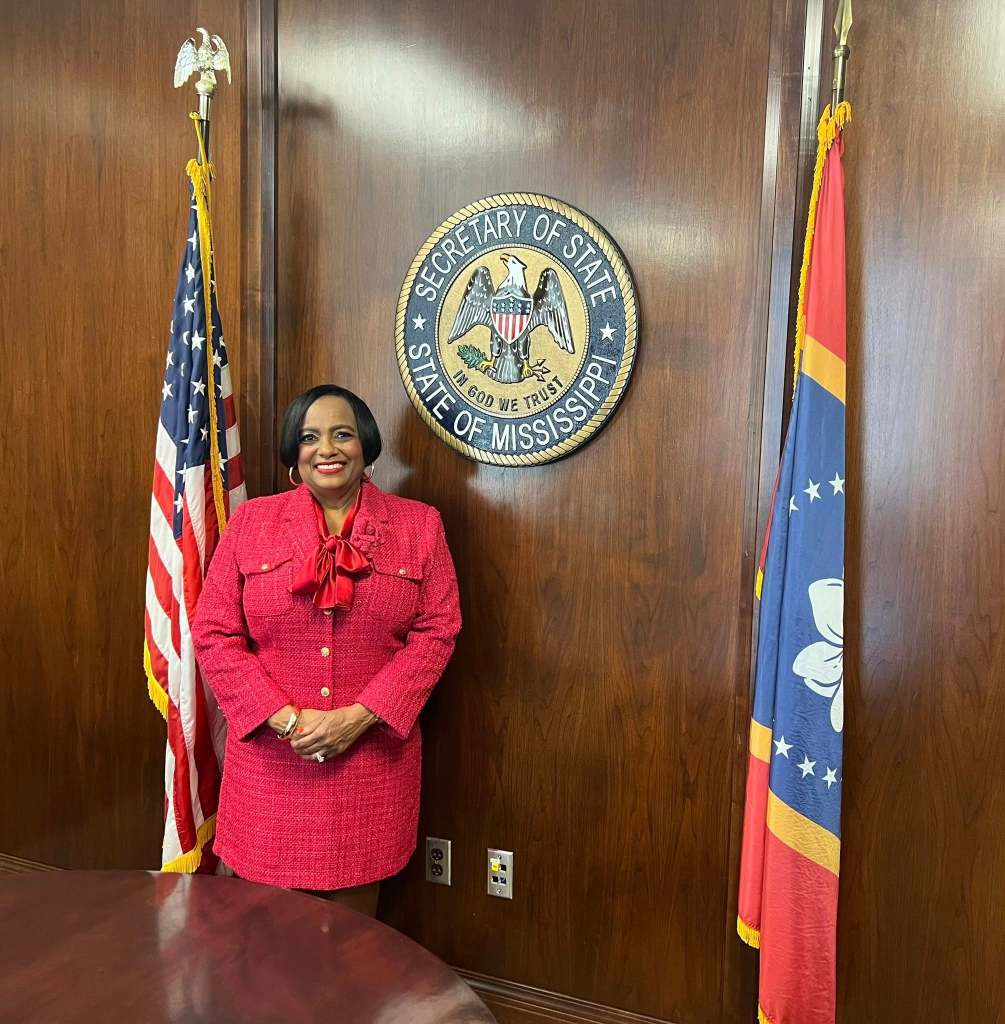MS House Bill 1577 seeks to Stop knowingly false abuse allegations/reports.

2) (a) A report shall not be considered filed in good faith under this section when it is unsupported by credible evidence; and the person who filed the report intentionally submitted the report knowing it was false. Such report shall be considered a willful false report of child abuse.
(b) (i) Any person convicted of making a willful false report of child abuse under Section 97-35-47, shall be punished by a fine not to exceed Five Thousand Dollars ($5,000.00), by imprisonment in jail not to exceed one (1) year, or both.
(c) In addition to any fine and imprisonment, and upon a proper showing made to the court, the person may be ordered to pay restitution to the law enforcement agency and/or the Department of Child Protection Services for any reasonable costs directly related to the investigation of the false report.
(d) Violations of this section may be prosecuted by the state Attorney General, the Department of Child Protection Services, the county attorney of the county in which the child resides or the district attorney of the county in which the child resides.
SECTION 2. Section 97-35-47, Mississippi Code of 1972, is amended as follows:
97-35-47. It shall be unlawful for any person to report a crime or any element of a crime, including an allegation of child abuse or neglect, to any law enforcement agency or officer, the Department of Child Protection Services, or any officer of any court, by any means, knowing that the report is false. A violation of this section shall be punishable by imprisonment in the county jail not to exceed one (1) year or by fine not to exceed Five Thousand Dollars ($5,000.00), or both.
In addition to any fine and imprisonment, and upon proper showing made to the court, the defendant shall be ordered to pay as restitution to the law enforcement agency and/or the Department of Child Protection Services reimbursement for any reasonable costs directly related to the investigation of the falsely reported crime and the prosecution of any person convicted under this section.
A report is false under this section when it is unsupported by * * * credible evidence and the person intentionally submitted the report knowing it was false. Proof that the person who filed the report reasonably relied on credible evidence or credible information shall be a defense to a claim of willful false reporting under this section.
False reports unfortunately happen. False reports unfortunately are weaponized. Now, there are consequences that fit the crime.
Matthew Thompson is a child welfare attorney in Mississippi and has seen false reports of abuse end up in Court.






